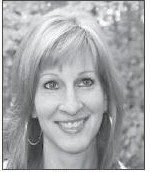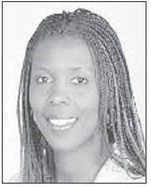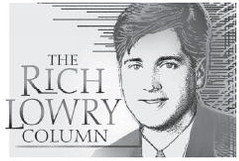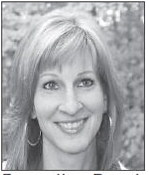Old School Encyclopedias


Long before there was an Internet, Google and Wikipedia (the free online encyclopedia), my family used a large set of heavy encyclopedias to learn more about topics. The information was alphabetized and presented in volumes labeled “A” to “Z” with “Book of Knowledge” printed along the spines of each volume. We kept them in a pine bookcase that my Uncle Leon Jarriel made when he was in high school and gave to my mother. Mom was downsizing a bit a few years ago and decided to part ways with the encyclopedias. She gave the bookcase to Uncle Leon’s daughter, Ona.
We used the heck out of those encyclopedias during my childhood. They helped me write dozens and dozens of book reports through my more formative years. And they satisfied every curiosity me and my family members had. All we had to do was pull out the right volume, turn to the right page, and read.
If I wondered what a cheetah ate, I consulted the “C” encyclopedia. They eat gazelles and impala, by the way.
If I wanted to see a photo of a fedora, I pulled out the “F” book and took a look. There was a picture of Humphrey Bogart wearing a fedora (a hat with an indented crown) in the movie, “Casablanca.”
In high school, I had to write a report about Theodore Roosevelt, Jr., for history class, and our encyclopedias came to the rescue and saved me from having to make a trip to the local library in Warner Robins. I pulled out the “R” volume and read about ol’ Teddy — an American politician, statesman, soldier, conservationist, naturalist, historian, and writer who served as the 26th president of the United States from 1901 to 1909.
Our encyclopedias were intended to provide a broad overview — a big picture — of a particular subject, rather than a detailed treatment of a specific topic. Still, there was so much to learn, and I often pulled one out and just started browsing the pages to fill the time and my little brain. Some of my friends read their bibles in their leisure time. I read our encyclopedias.
I still remember the way they smelled when I cracked one open — the delicious aroma of old books. It’s still one of my favorite scents — right up there with freshly cut grass and buttery biscuits cooking in an oven.
Encyclopedias have been around for centuries and were originally created as a way to organize and disseminate knowledge. The first encyclopedia was the Naturalis Historia, written by Pliny the Elder in the first century AD. The word “encyclopedia” is an amalgamation of two Greek words. These books were originally called “enkyklios paideia” which meant “general education.” However, Latin scribes combined the phrase into one word.
A printed set of encyclopedias was expensive and not every family had them, and they took up space, so you had to have a place for them. The rise of the Internet led to the decline in the use of traditional print encyclopedias and an increase in the use of online encyclopedias like Wikipedia. I get it. I, myself, use Google and Wikipedia to answer questions and learn more about topics. It’s just so easy to type in a word or phrase and within seconds, find what I’m looking for. The Internet’s ease of use and access killed traditional encyclopedias.
I think back to those days in the 1970s and 1980s, as I sat with a volume in my lap, learning about the world around me — the sum of all human knowledge. I had no idea what was coming around the corner — that the Internet would connect us all, change everything, and make knowledge available to everyone at any time of the day or night. I’m thankful for the advances that have been made, but part of me misses all those big, brown books organized alphabetically in my uncle’s book shelves.
I guess I’m just feeling a bit nostalgic, which is my nature. At 57, I find myself thinking about the past a lot. And don’t even get me started on dictionaries. I miss them, too. And thesauruses. And atlases. And maps. Ugh!






out of
Posted on